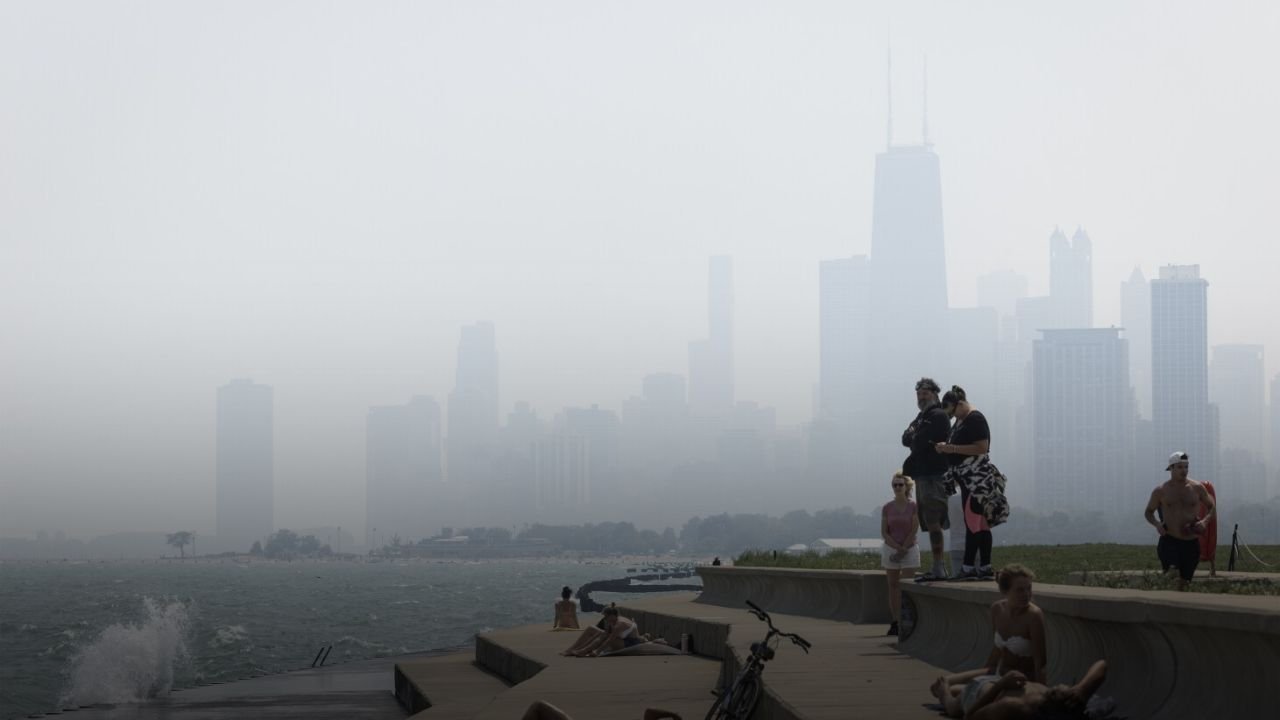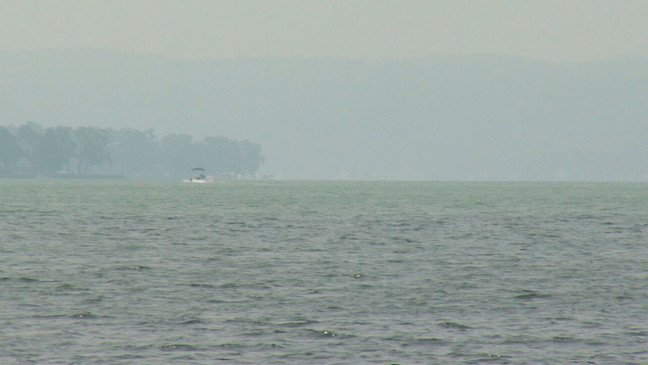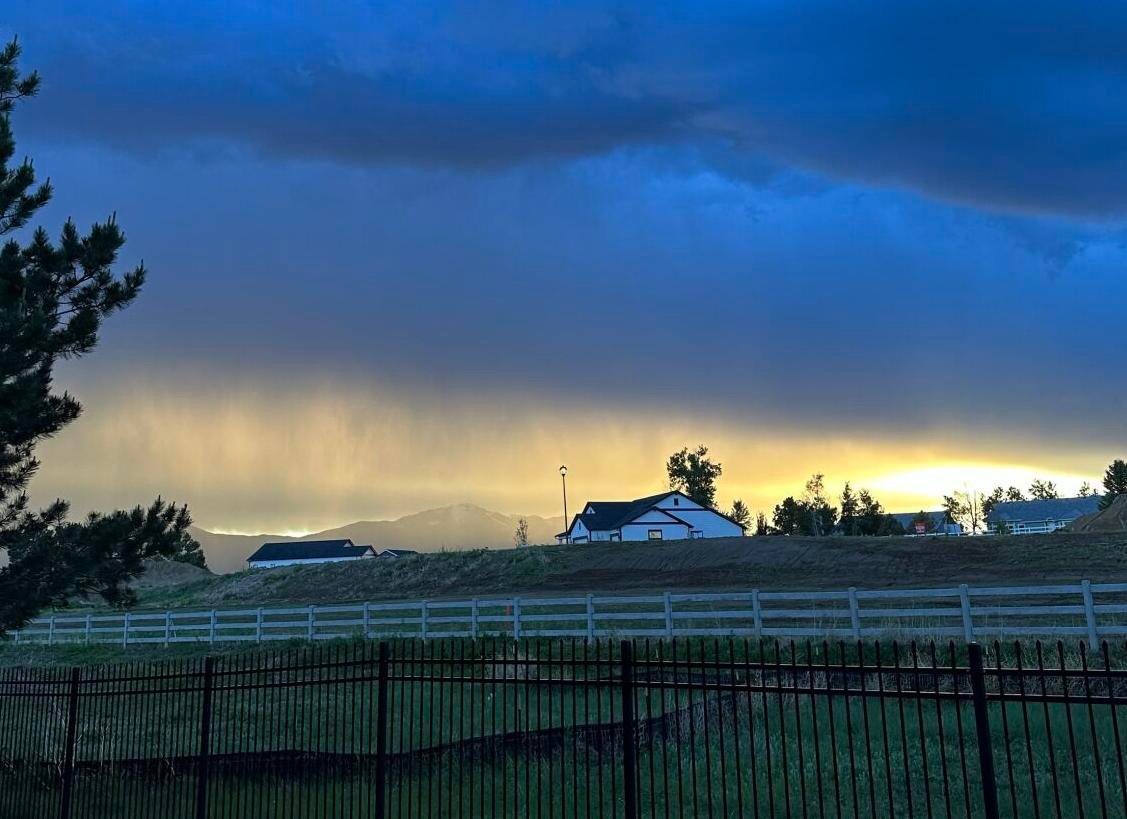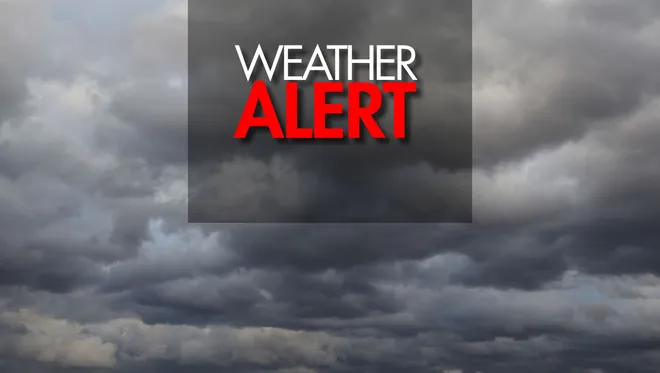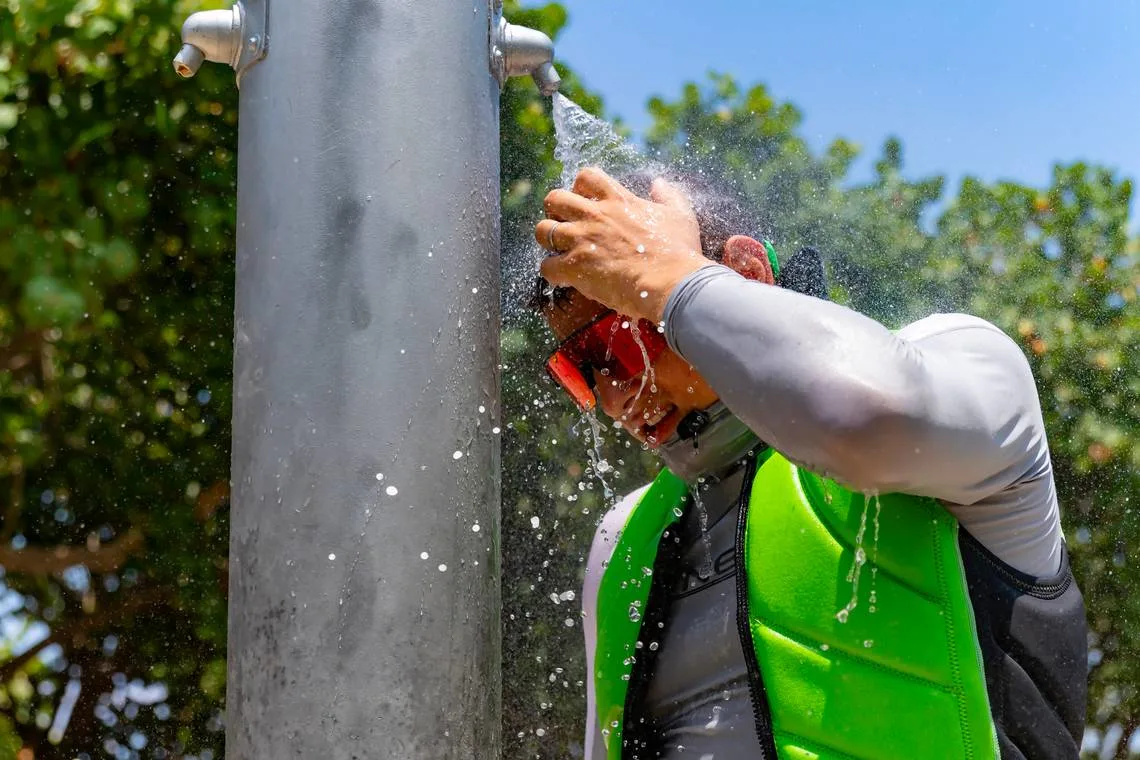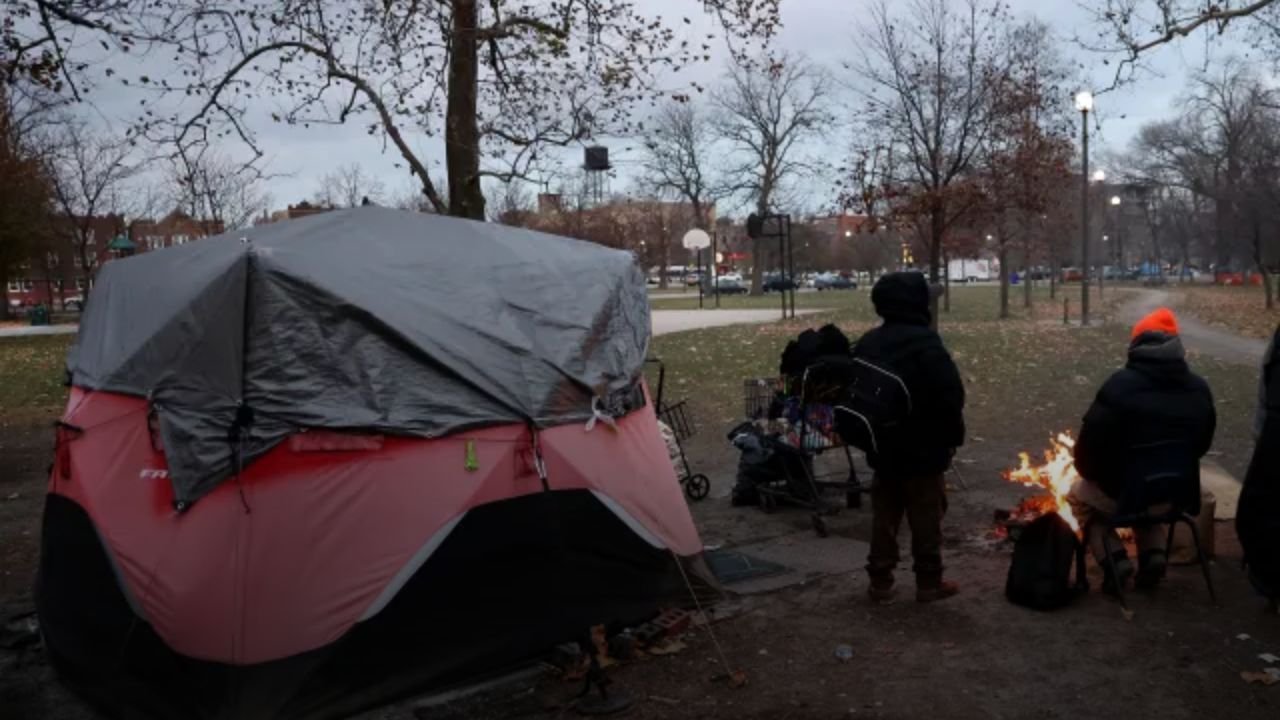CHICAGO — After nearly a week of hazy skies and health warnings, air quality in the Chicago area is finally expected to improve, according to forecasts.
The recent stretch of poor air was caused by a combination of high ozone levels and smoke drifting from Canadian wildfires — a recurring summer issue in recent years.
Forecast Shows Gradual Improvement
As of Wednesday morning, Chicago’s air quality index (AQI) was measured at 117, falling into the “unhealthy for sensitive groups” category. That number had already improved from 142 earlier in the day, according to AirNow.
Meteorologists say surface smoke is expected to lift north toward Wisconsin, allowing concentrations to drop further into the evening. However, some haze will remain in the upper atmosphere, keeping skies from fully clearing.
Wildfire Smoke and Ozone: A Double Threat
Daniel Horton, an atmospheric scientist at Northwestern University, said the situation is worsened by a combination of local emissions producing ozone and long-distance particulate matter carried by the wind from wildfire regions.
“Our local problem is that you have lots of local emissions … and our distant problem is particulate matter from wildfires in Canada,” Horton explained. “The combination is doubly dangerous.”
Horton also pointed out that climate change is increasing the risk of large wildfires in Canada and the western U.S., making smoke-related air quality issues more common in the Midwest.
Health Risks Remain for Vulnerable Groups
The Illinois Environmental Protection Agency has extended its air quality alert through midnight Thursday, urging residents with asthma, lung disease, or heart conditions to avoid prolonged outdoor activity.
Dr. Justin Fiala of Northwestern Medicine’s Canning Thoracic Institute warned that poor air quality can trigger severe asthma attacks that may require hospitalization. He recommends carrying inhalers, wearing KN95 masks, and monitoring for breathing difficulties.
Pregnant women, seniors, and children are also advised to take precautions. Even healthy adults should limit strenuous outdoor activities when AQI levels are high.
Looking Ahead
Air quality is projected to move into the “moderate” range by Thursday, with further improvement expected later in the week, according to IQAir.
While this particular episode is nearing an end, experts warn that wildfire smoke and ozone issues will likely remain a recurring summer concern for the region in the coming years.
Have you changed your outdoor routines because of Chicago’s recent air quality alerts? Share your experience with us at ChicagoSuburbanFamily.com.
